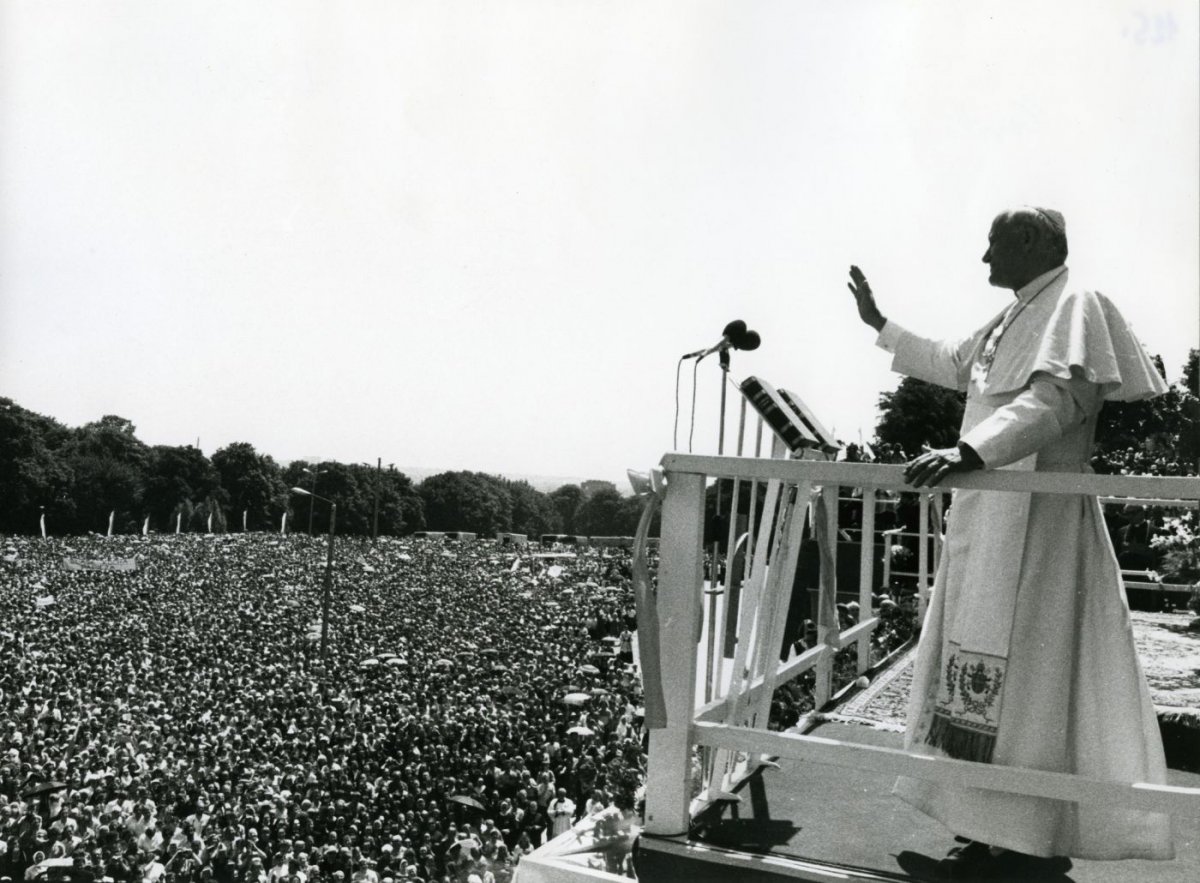When it comes to the quest for wisdom, few intellectuals living today have the gravitas of Leon Kass. A physician, a scientist, a humanist, and an educator, his writing has been singular, his teaching legendary, and his fifty-four-year marriage to the late Amy Kass a witness to the generative power of two becoming one. Since her death in 2015, he has lived for extended periods in Jerusalem, where a group of Jewish scholars from Shalem College became his friends and study partners, meeting regularly with Kass to ponder the book of Exodus and mine its riches. While Kass had been teaching the book for fifteen years at the University of Chicago, it was these conversations in Israel, the relationships encircling thought, that began shifting Kass’s relationship to the text. What does it really mean to be called a kingdom of priests and a holy nation? What does it mean to be God’s gift to the larger world? What follows is an exploration of these questions past and present, from one who’s studied them deeply, and found himself changed.
—The Editors
Anne Snyder: Why does formation of a people matter? Why should we learn about the ways and means of forging coherence and, eventually, national identity?
Leon Kass: English has two words that we often use interchangeably, “people” and “nation.” The root of the meaning of “nation” is people who have common descent from a common ancestor. They are somehow biologically related. But a “people” is defined in terms of a common history, common mores, common songs, stories, culture, a common way of life, common aspirations.
We live in a world in which many of the old nations, particularly in Europe, can’t decide whether they want to be a people at all.
But even in the United States, the question of what makes the United States a people is now a contested question. There’s a great deal of difficulty if people don’t have something deeply in common that can hold them together amid all of the political and cultural struggles that inevitably arise in a democracy.
AS: You talk at the beginning of this book about coming to see, through your reading of Exodus, that it’s impossible for there to be an enduring, thriving people without a communal story, shared moral norms, or common national aspirations. When those things die, eventually the people or the civilization dies. How might you talk about those three ingredients in the US today?
LK: I’m really quite worried about us, on all three counts. I grew up in the immediate postwar period, and it was a wonderful time to be an American—partly because of what we had achieved in the war. One could feel good about the country that it lent its weight, power, blood, and treasure to fighting perhaps the most barbaric and cruel despotism the world has seen. And it stayed the course and held the line against Stalinism. Opportunities were open for immigrants and children of immigrants like myself to go forth and make of yourself what you can.
Yes, there were struggles, including the civil rights struggle, which is still with us, but the story of America was a wonderful story. There were portraits of Washington and Lincoln in the classrooms. We celebrated those birthdays on the actual days when people were born. We knew something of their stories—maybe not the stories that adults would hear, but these were large figures and we revered them. When the holidays went the way of “George Washington’s Birthday Mattress Day Sale,” and we focused on three-day weekends rather than celebrating the national story, things got lost.
It’s different today. A conversation with my twenty-three-year-old granddaughter features 9/11, Hurricane Katrina, the Great Recession, a failed war in Iraq, the election of Donald Trump, George Floyd, et cetera. Oh, and COVID. This is her growing up period; it’s very different from my first twenty-three years.
AS: Alexis de Tocqueville observed a variety of distinctive qualities about America in the early years of the nation’s existence. Let’s look at the distinctiveness as told in the birthing stages of this other people in the book of Exodus: the nation of Israel. What was different about the people formed in Exodus at that time? How were they distinct from every other civilization on earth to date?
LK: There are three great national or civilizational alternatives at the time of the exodus. There are the Mesopotamians, who first begin to measure the stars, who build the Tower of Babel, where all humankind comes together to build a technological refuge for humanity where man might be a god to man.
The second is Egypt. It boasts the fertility of the Nile, technology, architecture, administration; people who have sophisticated magical powers to manipulate certain kinds of phenomena. It has nature worship, but the human being has no special dignity in the cosmos. One man, Pharaoh, believed to be a god, rules despotically over all the others, primarily in his own interest.
The third alternative is waiting for them back in Canaan when they finally return. If the Egyptians are rationalist technocrats; the Canaanites are Dionysiac, earth-worshipping, fertility obsessed, and licentious. They are an orgiastic people in their celebrations.
Read more at Comment.





